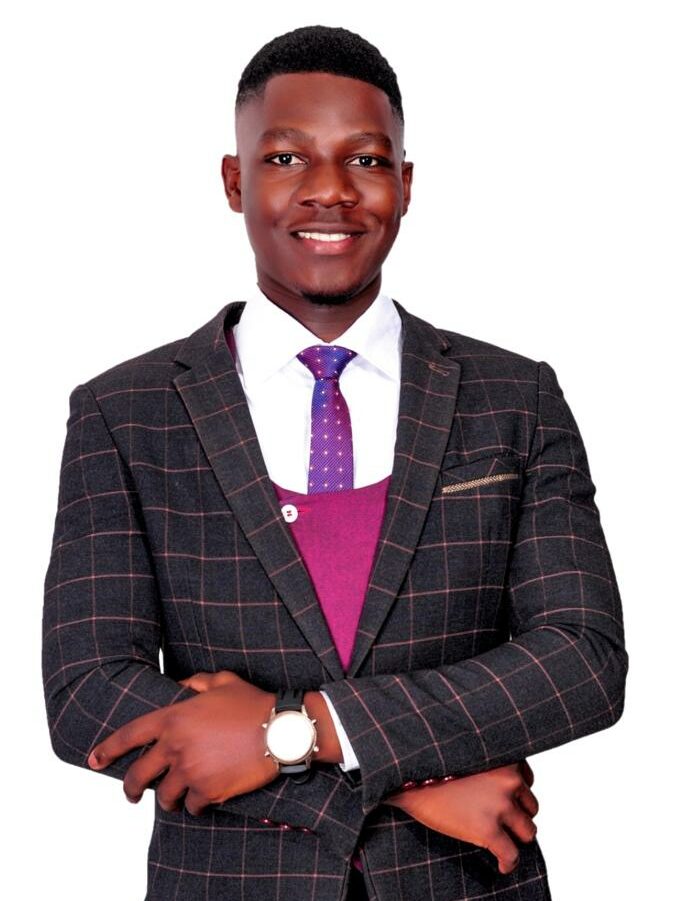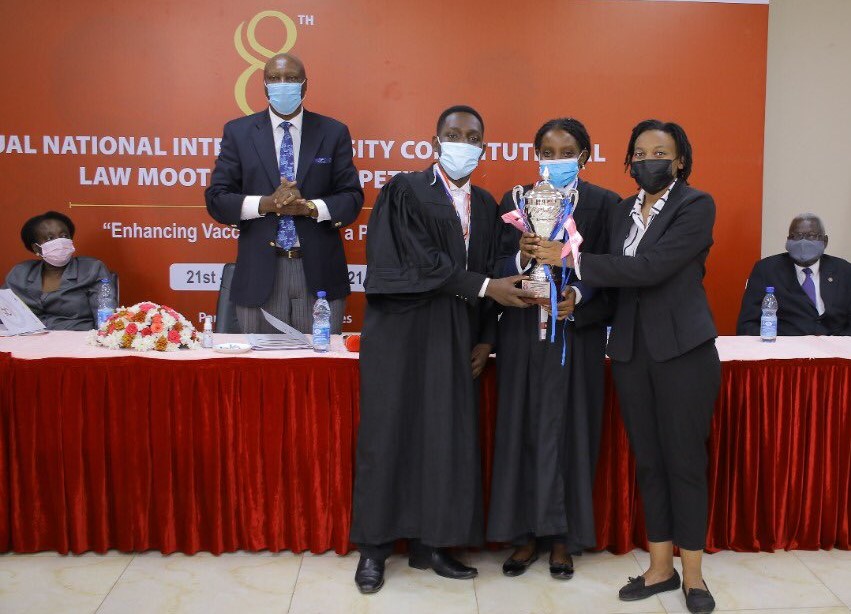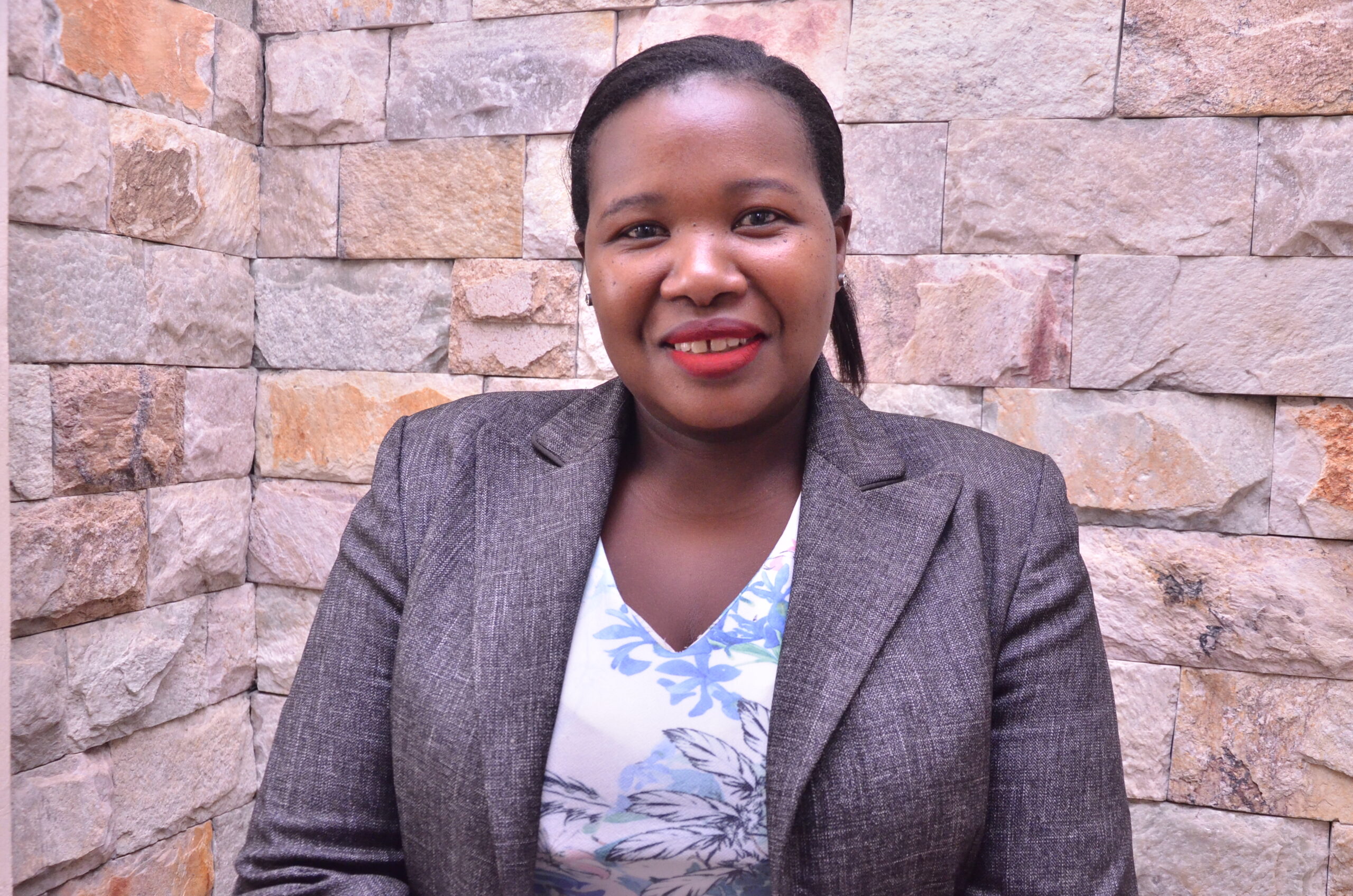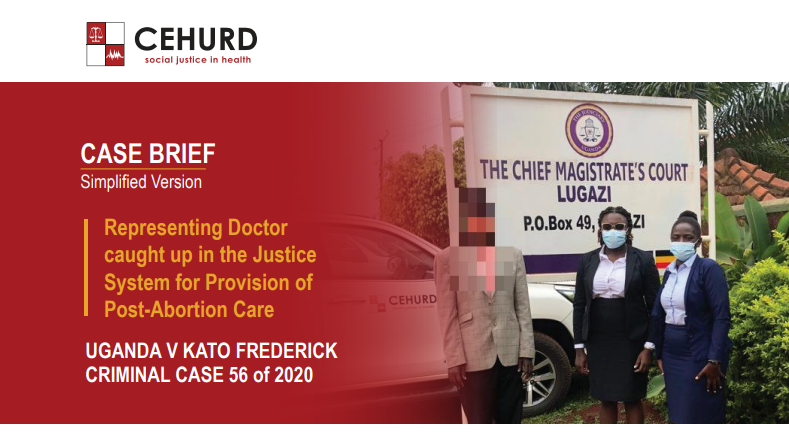Adolescents have the highest rate of unintended pregnancies and their unmet need for contraception is much higher. In developing countries, roughly half of the pregnancies among adolescents aged 15-19 are unintended, and half of these result in abortions, the majority of which are unsafe.
BY RODNEY KITANDWE
Sustainable development requires ensuring healthy lives and promoting well-being at all ages. To achieve the Sustainable Development Goals of excellent health and well-being, the world must harness the full potential of all generations.
As a young person, I constantly come across contradictory and perplexing messages about gender and sexuality. With the help of a comprehensive and high-quality curriculum-based sexuality education program, I believe that all children and young people can navigate these messages and develop healthy norms about themselves and relationships that can help them become responsible citizens from an informed point of view. Although most governments have some sort of sexuality education program in place, these programs are frequently ineffective or poorly implemented. The emergence of new resources for putting these approaches into practice, as well as newly emerging research findings about effective approaches to sexual and reproductive health and rights, make this a very advantageous time to advance this fundamental human right.
As we commemorate the international youth day 2022 under the theme Inter-Generational Solidarity: In Preventing Teenage Pregnancies and Child marriages, we must promote access to comprehensive contraceptive care and contraceptive methods as an essential component of women’s health care by enacting policies and taking actions that ensure the availability of affordable and accessible services. There is a need to underpin all advocacy and programming work that ensures sexual and reproductive health and rights for all without discrimination. Fulfilling these rights and empowering adolescents and youths to make timely, informed decisions about their own bodies and their place in the world will yield long-term benefits.
Efforts should be made to increase access to emergency contraception, including the removal of the age restriction for contraception products, and to create over-the-counter access to oral contraceptives with full insurance coverage or cost assistance. Adolescents have the highest rate of unintended pregnancies and their unmet need for contraception is much higher. In developing countries, roughly half of the pregnancies among adolescents aged 15-19 are unintended, and half of these result in abortions, the majority of which are unsafe.
When designing programs for young people, it is critical to consider their reasons for not using contraception despite the fact that they do not want a pregnancy. Infrequent sex, concerns about contraceptive side effects, breastfeeding, or opposition to contraception, believing that its use conflicts with their traditions and religious directives are examples of such reasons. In this context, contraception information and education are required, as are efforts to understand and address myths and misconceptions. The revised International Technical Guidance on Sexuality Education establishes key concepts and learning objectives for use in school and community-based sexuality education that are scientifically accurate, comprehensive, age and developmentally appropriate, and based on human rights and gender equality.
The writer is an intern in the Strategic Litigation programme at the Center for Health, Human Rights and Development (CEHURD.





